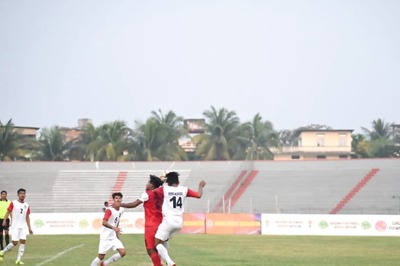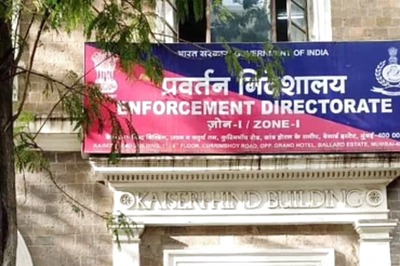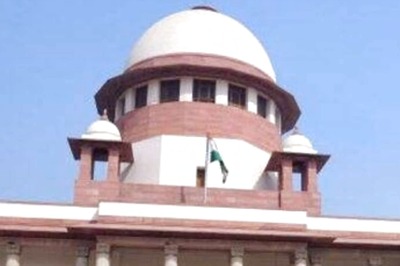
views
BANGALORE: Veteran journalist and former BBC correspondent of India Sir Mark Tully was critical on the demise of radio media in the country. “It is tragic and shameful that there is no development of radio without news in India. Radio is powerful as listeners draw their own pictures. India is missing a huge opportunity by leaving radio in shackles and making people feel it is dead,” he said.Speaking at a programme organised to mark Communication Day at Symbiosis Institute of Media and Communication on Friday, he said, “Back in Britain, the best political show is broadcast on radio called The Today.” Sir Tully asserted that radio was more powerful than other forms as it made listeners to “create pictures”.He continued, “Paid news is shameful for journalism. It is deplorable that journalists accept money for news.” Sir Tully was, however, quick to add that the Western media were no different than their Indian counterparts. “The problem of paid news in the West is like an epidemic, with PR people bribing journalists. No media is perfect,” he said, laying the blame on the entire system. Reflecting on his career, he said, “I was part of an electoral campaign once. When the local MLA contestant went to the journalists, he was asked to pay money for coverage,” he said, pointing out that journalists were equally guilty. Sir Tully, during the course of his speech, urged PR professionals to be honest and dedicated to journalists.Describing the relationship between public relations and journalism, Sir Tully urged PR professionals to be honest and dedicated towards journalists. “Heresay is common in journalism and PR. Many journalists do not like PR professionals as there is a general feeling that the latter are always lying. PR professionals need to be honest with journalists to maintain a good relationship,” he said. He observed that Anna Hazare’s anti-corruption movement is important. “People are relating to the movement. I lived during Jayaprakash Narayan’s movement. Television is really strengthening the movement, unlike JP’s movement when there was no TV,” he said. He said that the government had to learn to handle the hyper coverage of the movement. Sir Tully said it was okay for the Press to write about the judiciary. “My personal preference is towards judicial activism. I think media should be allowed to write about judiciary,” he said. “Indian judiciary supervises government. It is a good question to ask who can supervise the supervisor,” Tully, who was known as BBC’s Voice of India, said.




















Comments
0 comment